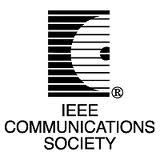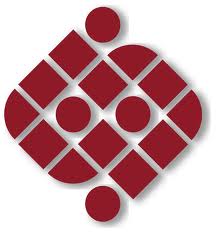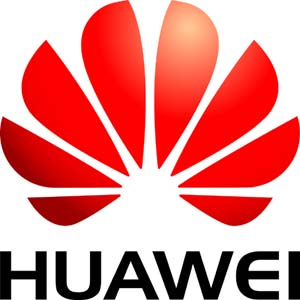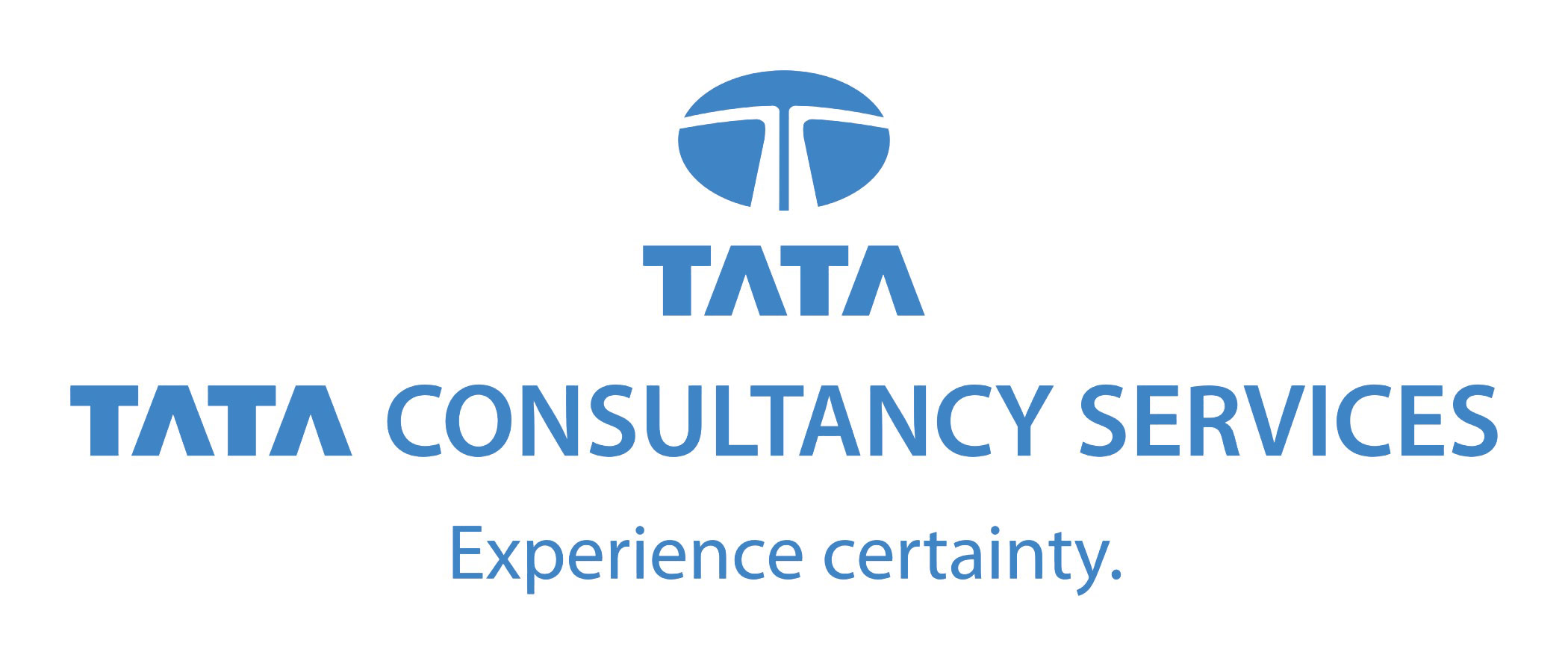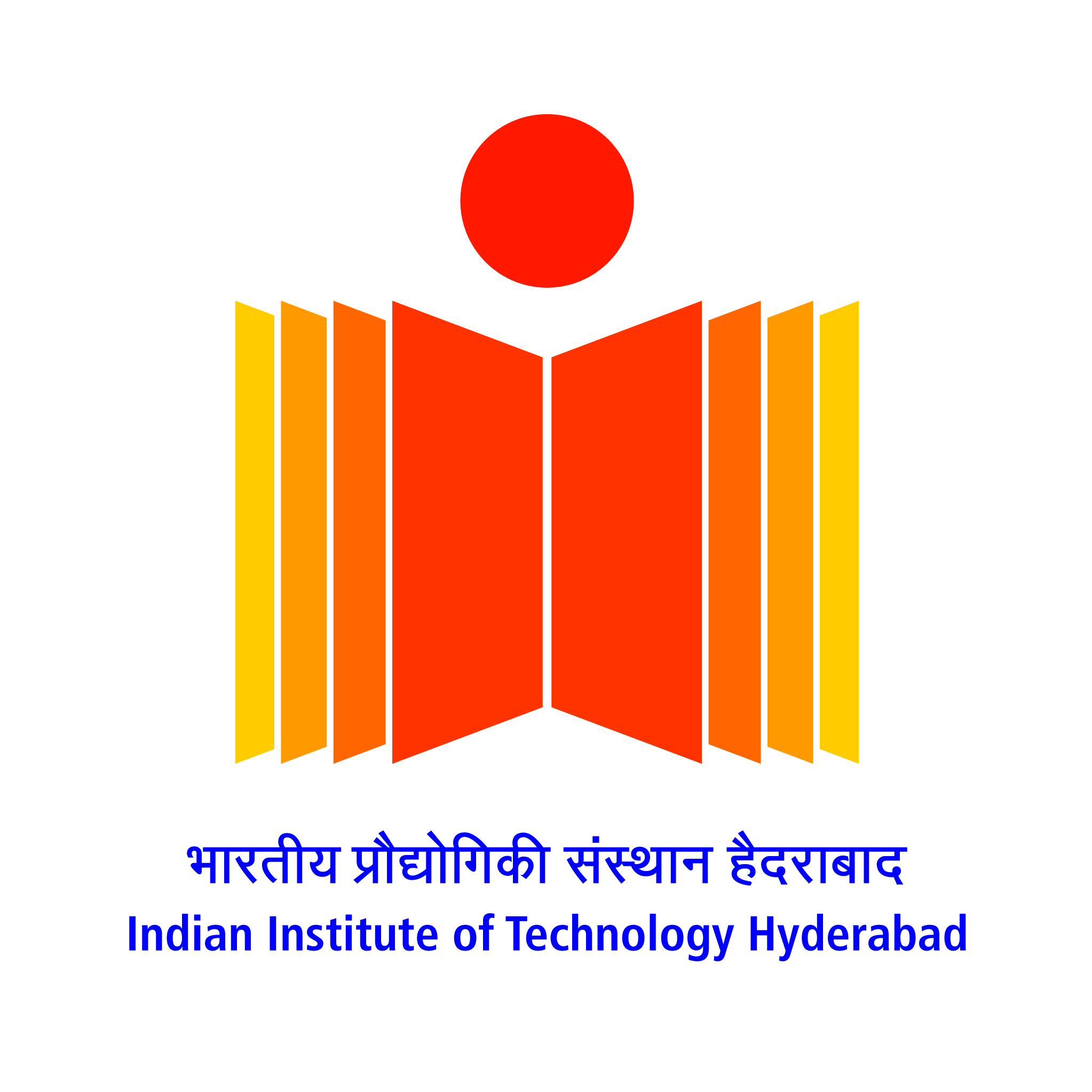Panel Discussions
COMSNETS 2013 will feature 3 panel discussions, covering a set of timely topics spanning issues and trends across the broad range of networking and mobile technologies, sustainability, and mobile services. The panels will be structured to provide multiple, compelling viewpoints on emerging topics or areas of interest, and will be highly interactive to enable significant audience participation.
Panel 1: Making the right career decisions in Computer Science
Chair: Ranjita Bhagwan, Microsoft Research, India
The aim of the panel is to make students think about questions to ask when they graduate -- whether after a BS, MS or a PhD -- and what careers to go for. We particularly want to stimulate students to think at a high-level about research vs. product development, academia vs. industry, and large companies vs. startups.
Panelists
-
Thomas Plagemann, University of Oslo
-
Aruna Seneviratne, NICTA
-
Ramesh Sitaraman, University of Massachusetts, Amherst
-
Pamela Kumar, IBM India
-
Rima Narayana Murthy, Dartmouth College
Panel 2: Reinventing the wheel in Systems and Networking Research -- When is it useful?
Chair: Richard Mortier, University of Nottingham, UK
The aim of this panel is to stimulate discussion around the difficulties in publishing repeated research undertaken for good scientific validation reasons. The panel will discuss the propensity to repeat research (often with quite incremental changes) simply due to the rate of technology change, pressure to publish, and difficulty in tracking a field that seems to be rapidly expanding.
Panelists
-
Jim Kurose, Univeristy of Massachusetts, Amherst
-
Venkat Padmanabhan, Microsoft Research India
-
Kave Salamatian, Univeriste Pierre et Marie Curie
Panel 3: Networking -- Dangling on the Edge
Chair: Vikram Srinivasan, Alcatel-Lucent Bell-Labs, India
There are two trends which are driving significant innovations in networking. The first is the dramatic increase in content by end users due to the advent of smart phones, tablets, smart TVs etc. Data traffic has been growing exponentially over both wireless and wireline networks and operators are struggling to meet the demands from end users. The second trend is that of managing network complexity. Meeting these new traffic demands implies significantly increased complexity of managing these networks.
The community believes that three technology trends, namely content centric networking, software defined networking and the cloud can be used to both meet increasing data demands and also simplify the management and operational costs of their networks. Content Centric networking has been proposed to significantly reduce network bandwidth requirements by caching data in routers and by allowing content to be addressed by content identifiers instead of IP addresses.
Software defined networking (SDN) is emerging as a powerful tool to manage traffic in data centers. In addition, there are now proposals to use SDNs as a tool to address a slew of network management problems in operator's networks. Finally operators and vendors are considering moving legacy telecom and network applications (e.g., cellular baseband processing, wireless core elements) into the cloud to reduce operational expenditures.
The question we will debate in this panel is whether these innovations will deliver genuine value or if these constitute hype.
Panelists
-
Mansoor Alicherry, Bell Labs
- Vijay Mann, IBM
- KK Ramakrishnan, AT&T research
- Srikanth Narasimhan, Cisco
- Derek McAuley, University of Nottingham.






